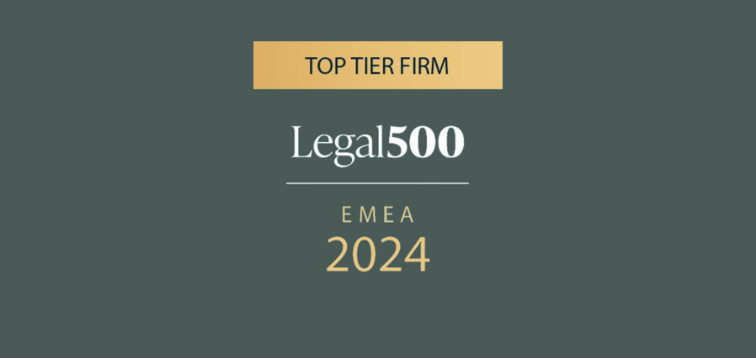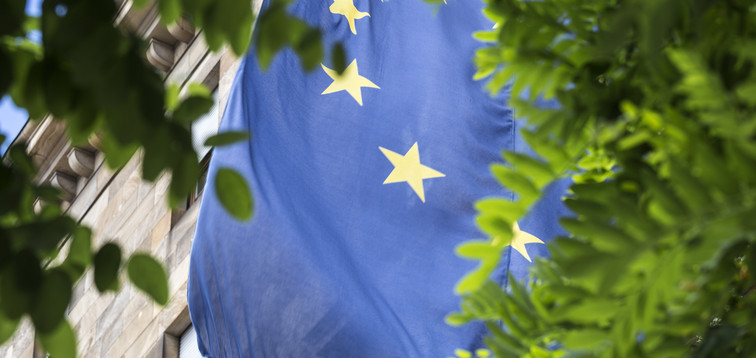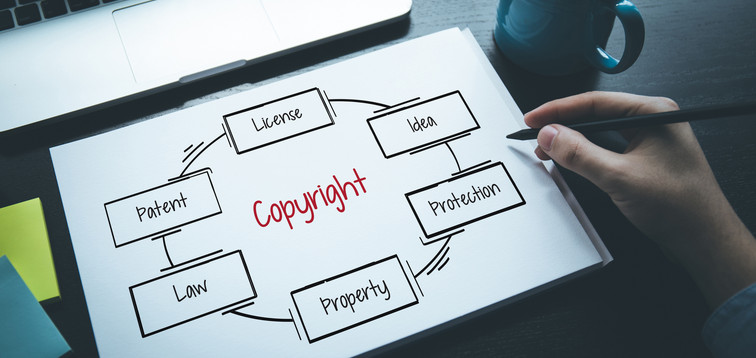It is not unusual that competing pharmaceutical companies settles their patent disputes. In its decision of 30 January 2020, the CJEU has interpreted some of the restrictions imposed by competition law (prohibition against anticompetitive agreements and abuse of dominant position) for such settlement agreements.
The underlying dispute which gave rise to the case before the CJEU concerned the assessment relating to competition law of a number of settlement agreements between an original pharmaceutical manufacturer on the one hand and a number of generic pharmaceutical manufacturers on the other hand. As part of the settlement agreements it was agreed that the generic manufacturers, to a limited extent, should become distributors of the originator’s product and at the same time – in exchange for payment – be refrained from launching competing products and to respect the originator’s patent (also known as “reverse payment settlements”).
The decision, which was welcomed by the Commission and the UK Competition Authority, provided a strict view on such settlement agreements from a competition law perspective. It is to be expected that parties to settlement agreements, where the originator transfers value to the potential competitor and where the competitor stays partially or completely out of the relevant market, will face significant challenges in defending the legality of such agreements (merely) on the ground that issued patent rights exist.
The decision can be read here (C-307/18).
Contact Ramus Vang or Emilie Lerstrøm for questions.






